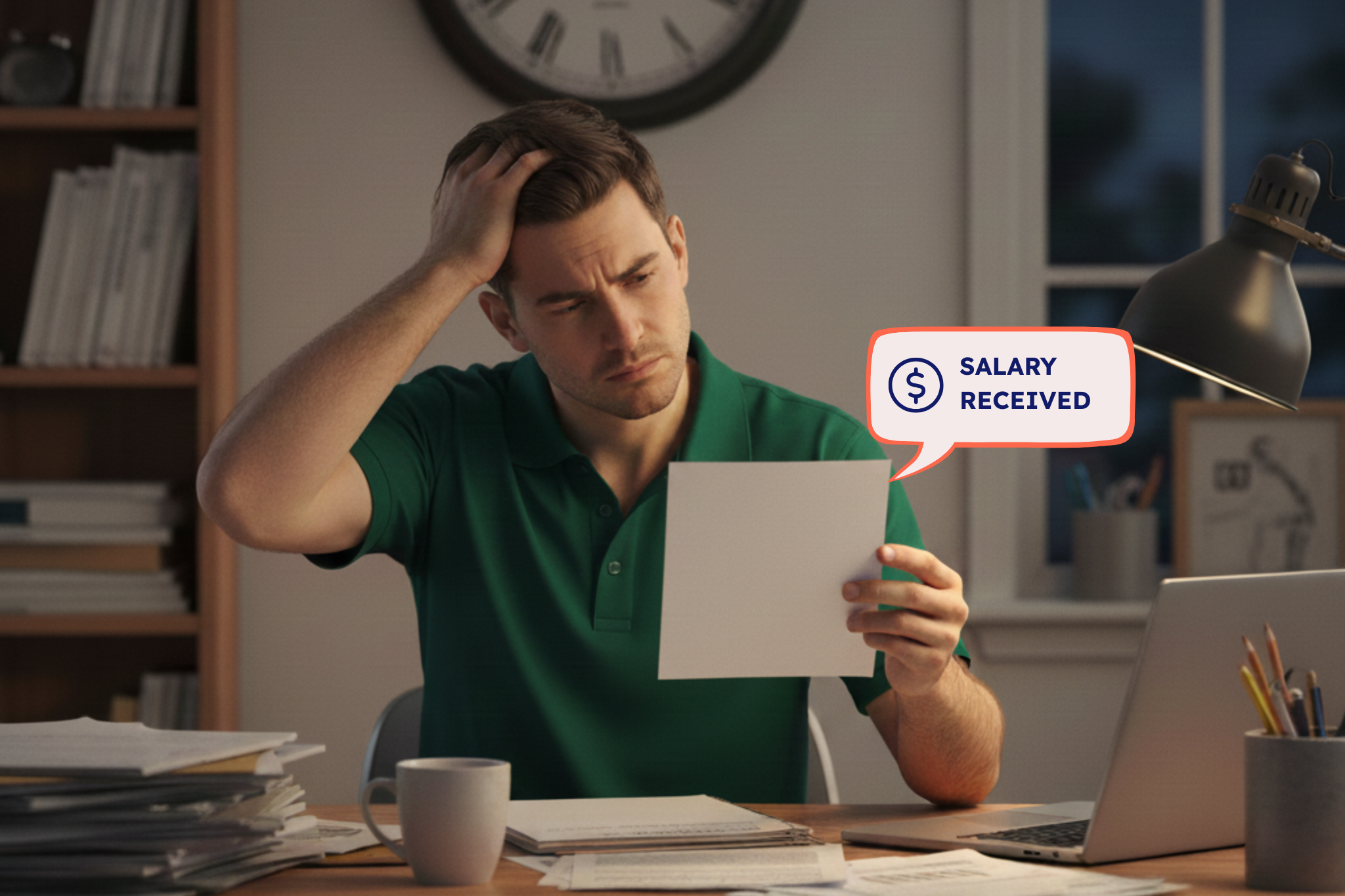
Finding solid ground: What can I do if my home builder collapses?
Last updated on October 15th, 2024
Worried about all those headlines about builders going bust? If you’re building a new home, you might be increasingly concerned about what happens when a builder goes into liquidation.
The surge in construction company collapses across Australia, including high-profile builders such as Porter Davis and Probuild, has understandably made homeowners and investors nervous about the future.
According to Australian Securities & Investment Commission data, 1236 companies in the construction sector had gone into liquidation, receivership, or administration up until March 2023, compared with 1284 for the 2021-22 financial year.
The reasons for these collapses are myriad but include significant increases in material and labour costs, and the impact of COVID-19 on global supply chains, which has delayed projects and put added pressure on builders.

What can I do if my builder goes into liquidation?
Don’t panic. If your builder goes into liquidation, stay calm and take steps as soon as possible to protect your interests.
Examine your contract. It should outline your rights and protections if a builder collapses. It may also provide details about warranties, insurance and what happens if the builder cannot complete the project.
Identify the liquidator. This person or company is responsible for winding up the builder's affairs, selling its assets, and distributing the proceeds to creditors. They will be your main point of contact.
Stay informed. Subscribe to updates from the liquidator, keep an eye on public notices, and regularly check in with the liquidator's office, particularly if a deadline update has not been met.
Attend creditors' meetings. They can provide valuable information about the company's collapse and expected outcomes of the liquidation. You can ask questions and, in some cases, vote on important matters.
Keep detailed records. This might include contracts, correspondence, invoices, receipts and any other documents related to your dealings with the builder. Comprehensive records can be instrumental if you need to lodge a claim or provide evidence of your financial loss.
It's also a good idea to seek legal advice to ensure you're doing everything possible to safeguard your investment.

Do I need to find a new builder to complete my home?
This is generally what happens when a builder goes into liquidation. Before engaging a new builder, however, take the following steps:
Take control of the building site and ensure it's secure. This may involve installing fencing, locks, or surveillance equipment and possibly hiring security personnel until you find a new builder.
Review your contract. It may specify what happens if the builder cannot complete the work. There might be a clause allowing for a replacement builder or other remedies.
Consult the liquidator. They can provide guidance on how to proceed, whether it is feasible for another builder to take over the project, and any potential legal or financial ramifications.
Check your insurance. Depending on your location and the specifics of your contract, you may have home warranty insurance or other coverage that could cover the cost of hiring a new builder to complete your home.
Assess the status of your project. Identify the work that needs to be completed to help ensure a smooth transition to a new builder. If the job is near completion and you think it’s easier to engage subcontractors, check they are licensed builders. But remember: other expenses are associated with home building after it’s completed.
Research and select a reputable builder. Choose a new builder with a proven track record and solid reputation. Seek recommendations from friends, family and online reviews, and ensure the new builder has appropriate insurance.

Seek advice early
Building your own home can be a fraught time without the added stress of wondering what happens when a builder goes into liquidation. But with news of the latest builders to go bust seemingly appearing every day, it is better to be armed with knowledge than caught short with such a big investment.
Even if you feel like you’re in good hands, take a closer look at your contract and see if you can add any other protection, such as additional insurance. And if you’re planning to build, a few extra checks – particularly in relation to your rights if the builder goes into liquidation – before you sign on the dotted line could save you a heap of heartache in the future.
Still not happy with your builder, or feel like they aren’t keeping you informed on the build’s progress? Lodge a complaint with us, and we’ll help you handle it.






